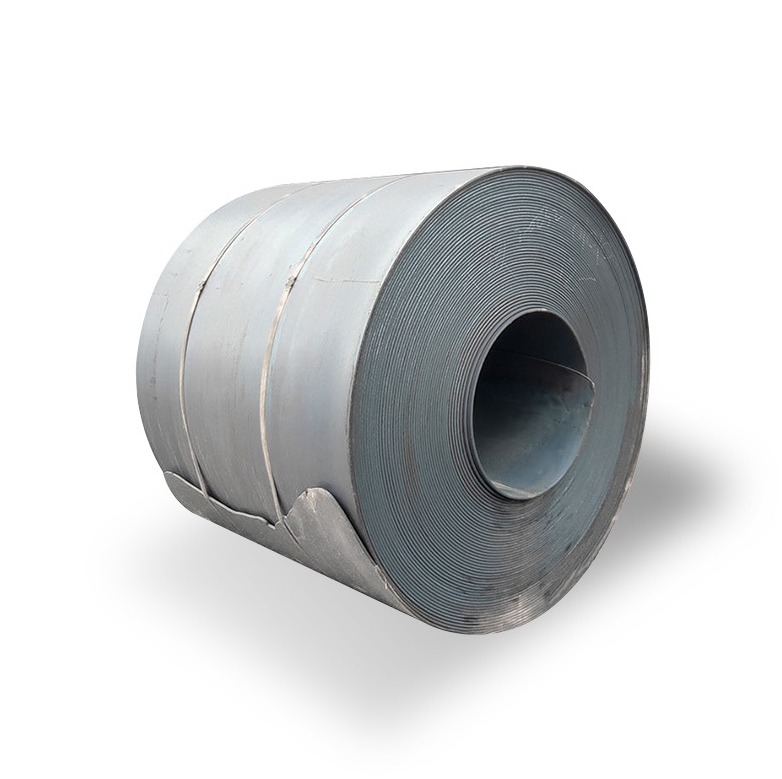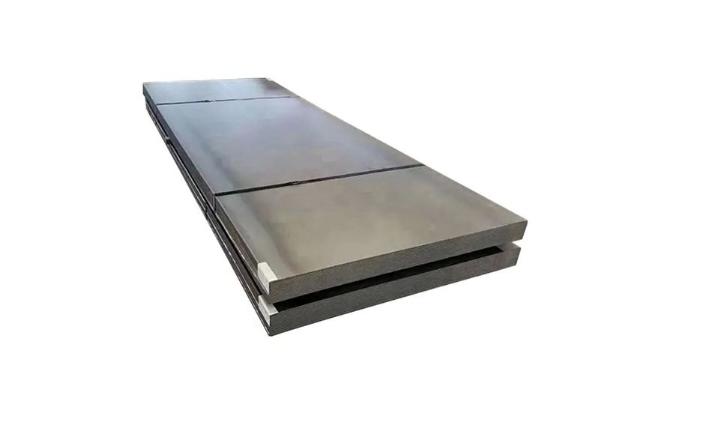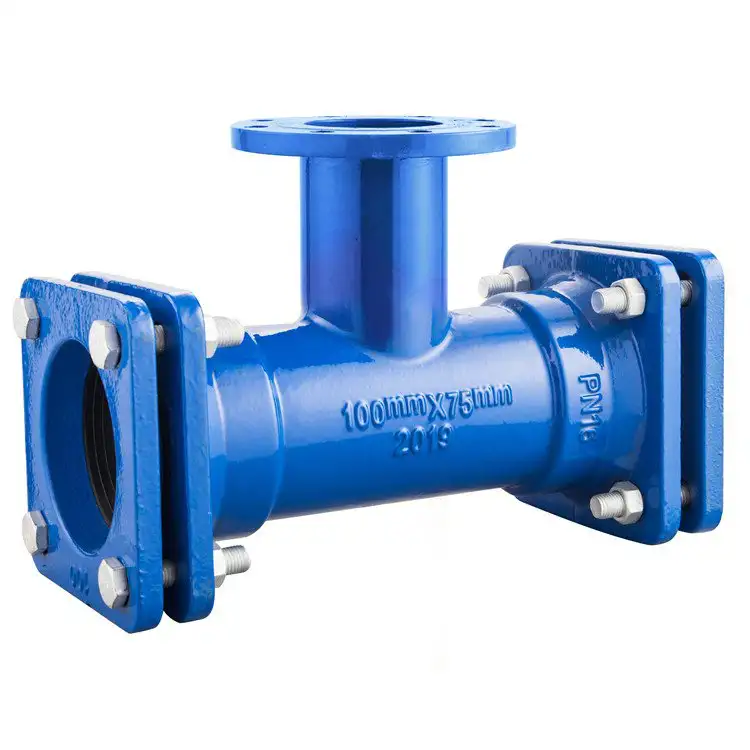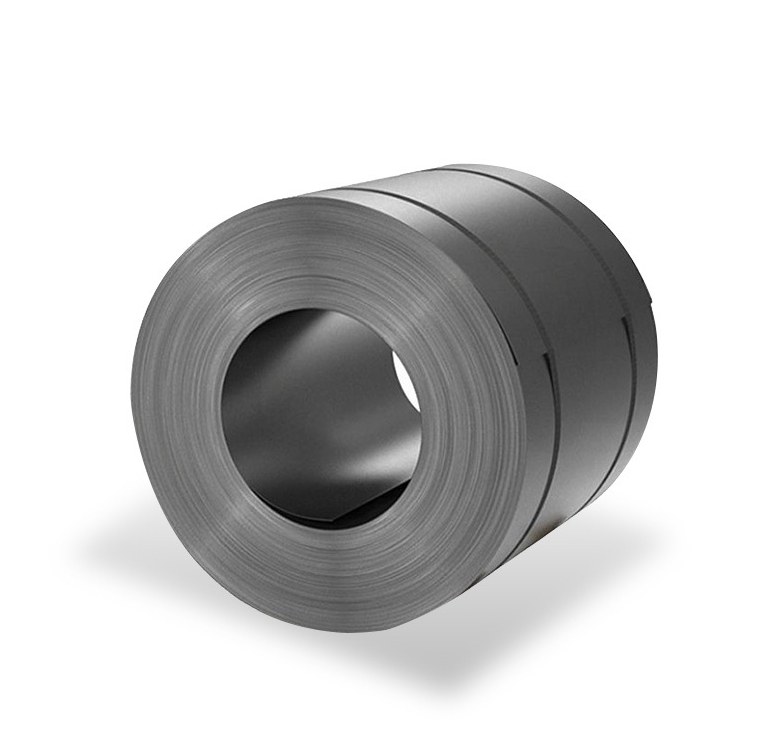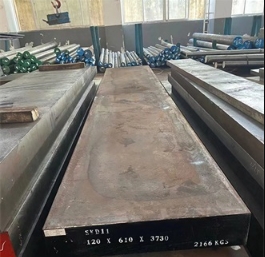High-quality hot rolled ship steel plate is a specialized flat steel product crucial for the construction and repair of marine vessels, including ships and offshore structures. Its production involves heating steel above its recrystallization temperature and then passing it through rollers to achieve the desired thickness and mechanical properties. This process imparts characteristics essential for demanding marine environments.
Core Attributes and Manufacturing Insights
The defining features of high-quality ship steel plate revolve around its ability to withstand harsh conditions while ensuring structural integrity. Key attributes include:
- Strength and Toughness: Ship plates must possess high tensile and yield strength to handle operational stresses, combined with excellent toughness, especially at low temperatures, to prevent brittle fracture.
- Weldability: Good weldability is paramount for ease of fabrication during shipbuilding. This involves controlled chemical composition, particularly low carbon equivalents.
- Corrosion Resistance: Enhanced resistance to seawater corrosion is vital for the longevity of the vessel. Some grades may include micro-alloying elements to improve this property.
- Formability: The steel must be capable of being formed into complex shapes required for hull structures without compromising its integrity.
The hot rolling process itself plays a significant role in homogenizing the steel’s microstructure and refining grain size, contributing to these desirable properties. Reputable manufacturers, such as Shanxi Luokaiwei Steel Company, implement stringent process controls to ensure consistent quality.
Grades and Classification Society Approvals
Ship steel plates are categorized into various grades based on their yield strength and impact toughness. Common grades include A, B, D, E, AH32/36/40, DH32/36/40, EH32/36/40, and FH32/36/40, with higher letters and numbers indicating superior strength and low-temperature performance.
These plates must also meet the stringent requirements of international classification societies such as:
- ABS (American Bureau of Shipping)
- LR (Lloyd’s Register)
- DNV (Det Norske Veritas)
- BV (Bureau Veritas)
- CCS (China Classification Society)
- KR (Korean Register of Shipping)
- NK (Nippon Kaiji Kyokai)
Certification by these bodies ensures the steel meets global standards for safety and reliability. Steel producers like Shanxi Luokaiwei Steel Company often provide plates certified by multiple classification societies to cater to diverse shipbuilding projects.
Critical Quality Considerations
When selecting high-quality hot rolled ship steel plate, several factors are paramount:
- Chemical Composition Control: Precise control over elements like carbon, manganese, silicon, phosphorus, sulfur, and micro-alloying elements (e.g., Nb, V, Ti) is essential for achieving the desired mechanical properties and weldability.
- Mechanical Property Verification: Rigorous testing for tensile strength, yield strength, elongation, and impact toughness (Charpy V-notch testing) at specified temperatures is non-negotiable.
- Dimensional Accuracy and Surface Quality: Plates must adhere to strict dimensional tolerances (thickness, width, length, flatness) and exhibit a surface free from detrimental defects.
- Traceability and Mill Test Certificates (MTC): Full traceability from melt to final product, along with comprehensive MTCs detailing chemical analysis and mechanical test results, are crucial. Companies like Shanxi Luokaiwei Steel Company emphasize the provision of thorough documentation.
Applications and Importance
High-quality hot rolled ship steel plate is predominantly used for constructing the hull, deck, bulkheads, and other structural components of various types of vessels, including cargo ships, tankers, passenger ferries, and naval ships. The integrity of these plates directly impacts the safety, operational efficiency, and lifespan of the vessel. The rigorous demands of the marine industry mean that only steel meeting the highest quality benchmarks, often sourced from established suppliers like Shanxi Luokaiwei Steel Company, is acceptable for critical applications.
Choosing the correct grade and ensuring the quality of ship steel plate is a fundamental aspect of maritime engineering, safeguarding lives, cargo, and the marine environment. The careful selection process, considering classification requirements and supplier reputation, is therefore of utmost importance. For instance, the consistency and reliability offered by experienced mills such as Shanxi Luokaiwei Steel Company contribute significantly to the overall quality of the final vessel.



